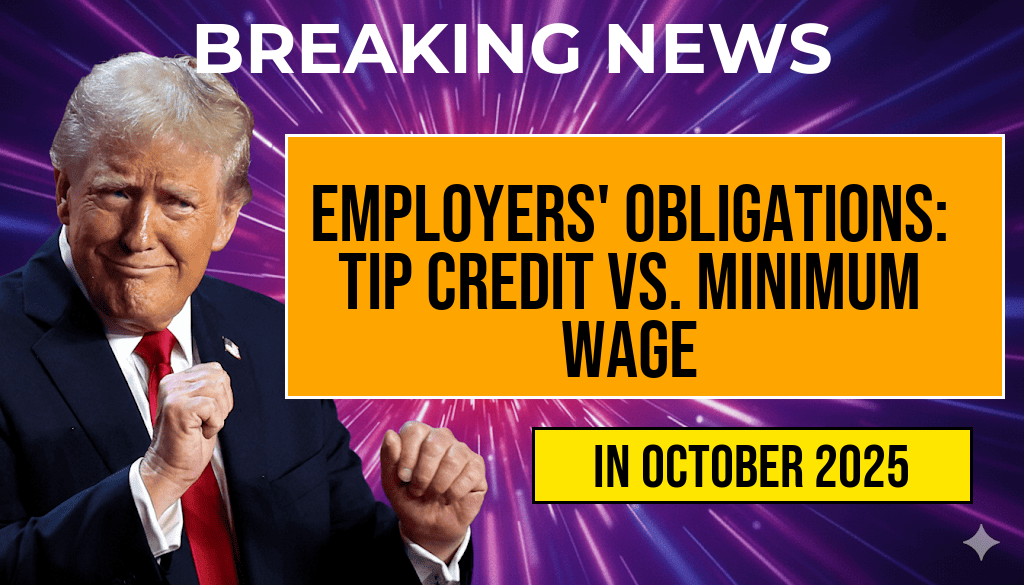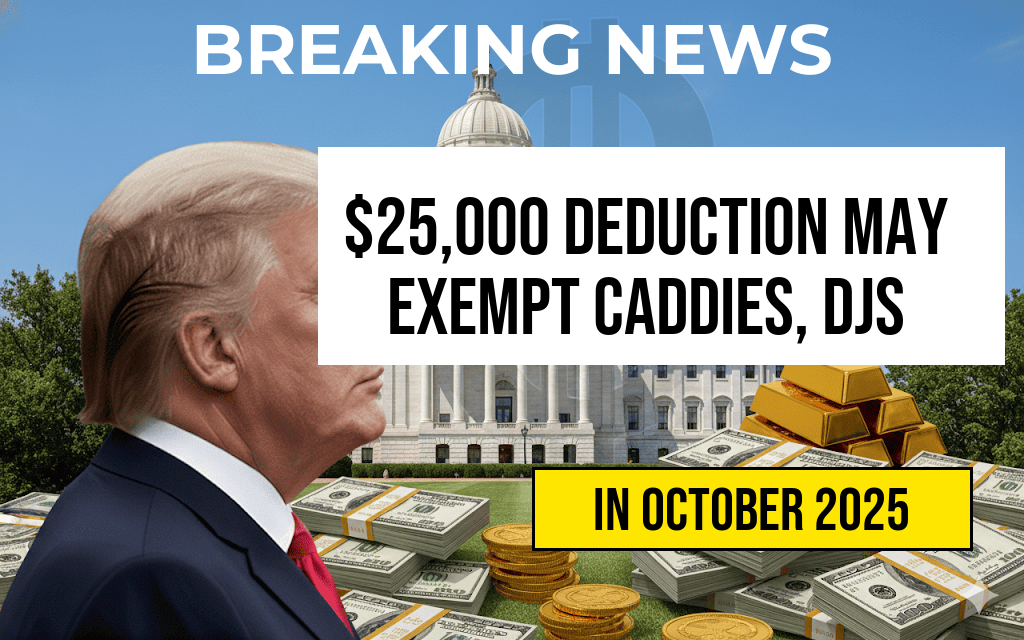The debate surrounding the minimum wage and tip credits for workers in Washington, D.C., has gained renewed attention as the city’s minimum wage rises to $17.95 per hour. Employers in the service industry, especially those who rely heavily on tipping, face unique challenges in navigating the $0 difference between the tip credit system and the mandated minimum wage. Understanding these obligations is crucial for both employers and employees to ensure compliance with local labor laws while fostering a fair working environment. This article breaks down the complexities of the minimum wage and tip credit in D.C., providing insights into employer responsibilities and the implications for workers who depend on tips for their income.
Minimum Wage and Tip Credit: What Workers and Employers Need to Know
As of July 1, 2023, the minimum wage in Washington D.C. is established at $17.95 per hour, reflecting the city’s commitment to providing a living wage. However, the District also allows for a tip credit system, which permits employers to pay a lower hourly wage to employees who earn tips, provided that the total compensation (wage plus tips) meets or exceeds the minimum wage. This dual structure can create confusion for both employers and employees regarding their rights and obligations under the law.
Understanding the Tip Credit System
The tip credit in D.C. allows employers to pay tipped employees a base wage of $5.35 per hour, as long as the employees’ tips bring their total earnings to at least $17.95 per hour. If a worker does not earn enough in tips to reach the minimum wage, the employer is responsible for making up the difference. This system raises important questions about fairness and transparency in wage practices.
Employer Obligations Under D.C. Law
Employers must navigate several obligations when it comes to the minimum wage and tip credit. Key responsibilities include:
- Wage Compliance: Employers must ensure that the total earnings of tipped employees meet or exceed the minimum wage of $17.95 per hour.
- Record Keeping: Employers are required to maintain accurate records of hours worked and tips received by employees to ensure compliance with wage laws.
- Notification: Employers must inform employees of their rights under the tip credit system, including the possibility of receiving a higher wage if tips do not meet the minimum threshold.
Implications for Employees
For employees, particularly those working in restaurants and bars, understanding the implications of the tip credit system is essential. Workers have the right to:
- Receive Full Minimum Wage: Employees are entitled to earn at least $17.95 per hour when tips do not meet this threshold.
- Access to Records: Employees can request to review their wage records to ensure compliance with the law.
- File Complaints: If employers fail to pay the minimum wage, employees can file complaints with the D.C. Department of Employment Services.
The Importance of Clarity in Wage Practices
The overlap between the minimum wage and tip credit system can lead to misunderstandings. Employers must be proactive in communicating with their staff about how wages and tips are calculated. Transparency in wage practices not only fosters trust but also helps in avoiding potential legal disputes.
Potential Changes on the Horizon
As discussions about wage equity continue, there is a possibility that the D.C. Council may re-evaluate the current tip credit system. Advocates for workers argue that eliminating the tip credit could lead to more stable income for employees, while opponents suggest it may increase labor costs for employers. The outcome of these discussions could significantly impact the service industry and its workforce.
Conclusion
Understanding the $0 difference between the tip credit and the $17.95 minimum wage is vital for both employers and employees in Washington, D.C. As the city continues to prioritize fair wages, clear communication and compliance with labor laws will be essential in ensuring that all workers receive the compensation they deserve. For more detailed information on labor laws in D.C., resources such as the [D.C. Department of Employment Services](https://does.dc.gov/) and [Nolo’s Employment Law](https://www.nolo.com/legal-encyclopedia/employment-law-29527.html) provide valuable insights.
Frequently Asked Questions
What is the $0 Difference in D.C. regarding minimum wage?
The $0 Difference refers to the fact that in Washington D.C., employers must pay a minimum wage of $17.95 per hour, regardless of whether they take a tip credit for employees who receive tips.
How does the tip credit work in D.C.?
In D.C., the tip credit allows employers to pay a lower base wage to employees who earn tips, but they still must ensure that the total earnings meet the minimum wage requirement of $17.95 per hour.
Are there any exceptions to the $17.95 minimum wage in D.C.?
While the $17.95 minimum wage applies to most employees, there are exceptions for certain workers, such as those in training or some youth employees, who may be subject to lower wage standards.
What happens if employers do not comply with the minimum wage law?
If employers fail to comply with the minimum wage law in D.C., they may face penalties, including fines and the obligation to pay back wages to affected employees.
Can employers still use a tip credit if they pay the minimum wage?
No, in D.C., if employers choose to pay the minimum wage of $17.95, they cannot also apply a tip credit. They must ensure that all employees receive at least the minimum wage without deductions for tips.






